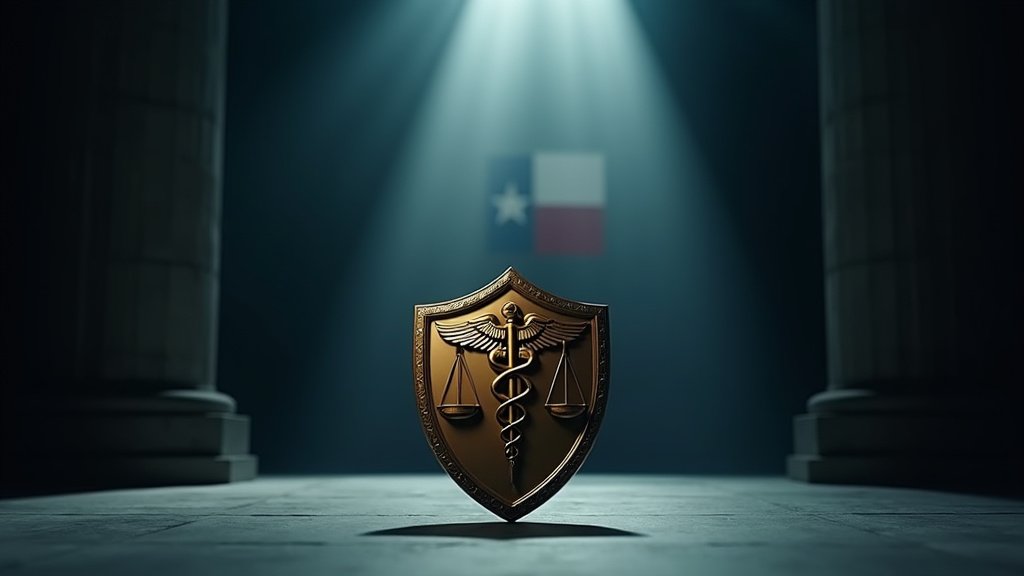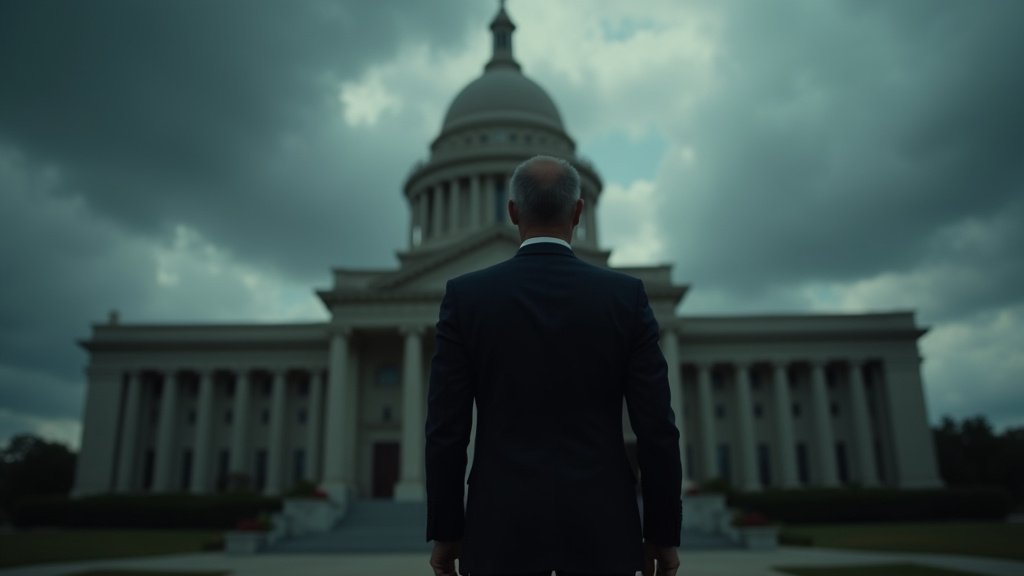The landmark New York Shield Law has been validated, with a New York judge dismissing a significant challenge from Texas. This pivotal legal battle, testing the boundaries of state authority over reproductive healthcare, concluded on November 1, 2025. The ruling prevented Texas from enforcing a civil judgment of over $100,000 against a New York-based doctor accused of prescribing abortion pills to a Texas resident via telemedicine. This decision marks an early, crucial test of New York’s legislation designed to protect healthcare providers and patients from out-of-state legal actions, especially those originating from states with strict abortion bans, offering crucial abortion provider protection.
Texas Seeks Extraterritorial Enforcement Under Abortion Ban
The case originated when Texas Attorney General Ken Paxton initiated legal proceedings to enforce a civil judgment against Dr. Margaret Carpenter, a physician practicing in Ulster County, New York. Paxton sought to compel a New York court to recognize and enforce a Texas default judgment, obtained after Dr. Carpenter failed to appear in a Texas court. The Texas judgment penalized Dr. Carpenter for allegedly violating the state’s near-total abortion ban by prescribing abortion-inducing medications, mifepristone and misoprostol, via telehealth to a patient within Texas, highlighting the impact of the Texas abortion ban enforcement efforts.
Texas’s aggressive stance aimed to extend its abortion restrictions beyond its borders, a strategy that has become increasingly common following the Supreme Court’s 2022 decision in Dobbs v. Jackson Women’s Health Organization, which overturned Roe v. Wade. This has led to a complex legal landscape where states with differing abortion laws are increasingly clashing in interstate legal battles.
New York’s Shield Law: A Bulwark Against Out-of-State Interference
New York, in contrast to Texas, has positioned itself as a sanctuary for reproductive rights. The state has enacted a series of laws collectively known as the “shield law,” aimed at defending healthcare providers and patients involved in legally protected health activities within New York from civil or criminal liability imposed by other states. The New York Shield Law broadly prohibits New York state and local officials from cooperating with investigations or proceedings seeking to penalize such care, particularly when it is lawful in New York, even if provided via telehealth to patients located out-of-state, thereby enhancing reproductive healthcare access.
This shield law represents a direct legislative response to attempts by anti-abortion states to prosecute or sue individuals for obtaining or facilitating abortions. It seeks to counteract the “chilling effect” such actions could have on providers and patients alike, a direct consequence of restrictive state authority abortion policies.
Ulster County Clerk’s Refusal and Judicial Vindication of the New York Shield Law
The enforcement attempt hit a critical roadblock when Acting Ulster County Clerk Taylor Bruck refused to file the Texas judgment. Bruck, citing his obligations as a government employee, stated that he was legally bound by New York’s shield law to refuse any filing that would assist in enforcing an out-of-state judgment against a provider for services legal in New York. Bruck’s courageous stance was pivotal in bringing the case before Justice David Gandin of the Supreme Court of Ulster County.
Justice Gandin’s ruling on November 1, 2025, affirmed Bruck’s decision, finding that the county clerk acted entirely in accordance with New York law. The judge concluded that the medical services provided by Dr. Carpenter were legal in New York and unequivocally fell “squarely within the definition of ‘legally protected health activity'” as defined by the state’s shield law. Consequently, the judge granted the motion to dismiss Texas’s petition, effectively blocking the enforcement of the judgment within New York, a significant legal challenge dismissal for Texas’s extraterritorial claims.
Broader Implications and Future Legal Battles for the New York Shield Law
This case is not only a significant legal victory for New York but also a prominent instance of the growing interstate conflict surrounding abortion access. It highlights the legal mechanisms states like New York are employing to shield their residents and providers from the reach of restrictive abortion laws elsewhere. The involvement of New York Attorney General Letitia James, who sought to intervene to defend the shield law, underscored the state’s commitment to protecting reproductive freedom. Although Justice Gandin denied her motion to intervene, deeming it not warranted as the constitutionality of the shield law itself was not the primary issue before him, the broader legal battle has been closely watched.
Dr. Margaret Carpenter has been at the center of other interstate legal disputes, including facing a criminal indictment in Louisiana. The ongoing legal challenges, particularly those initiated by Texas and Louisiana, are seen by legal experts as paving the way for potential Supreme Court review of state shield laws and the complex interplay of state authority abortion regulations.
The dismissal of Texas’s challenge is a critical development in this ongoing narrative, affirming the strength of the New York Shield Law. It reinforces New York’s status as a haven for reproductive healthcare and demonstrates the practical application and legal backing of its shield law. As the nation continues to grapple with the aftermath of Dobbs, this legal decision serves as a key update in the trending news of state-level conflicts over abortion rights. The decision is not yet final, as an appeal from Texas remains a possibility, potentially leading to further judicial scrutiny of these vital protections for abortion access.






